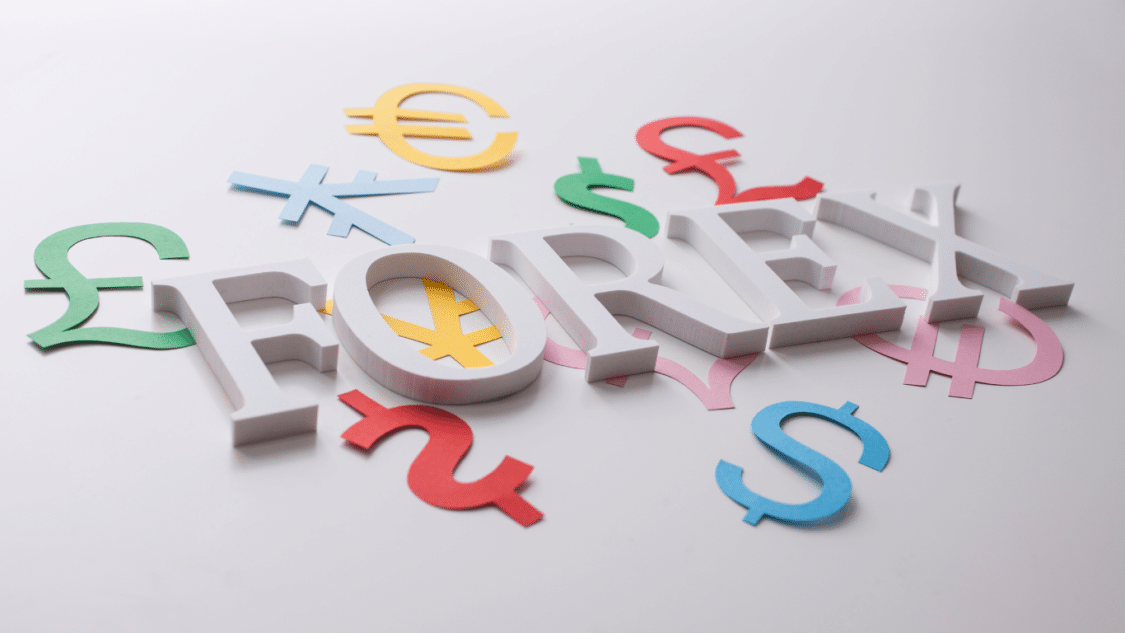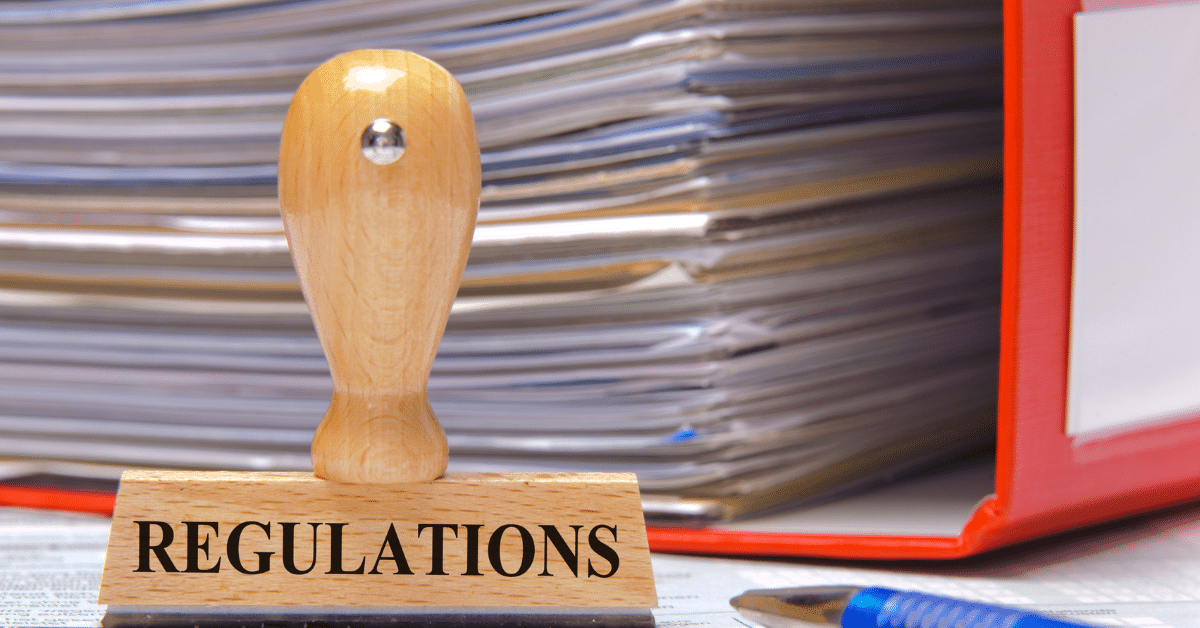The forex market is the world’s largest and most liquid financial market. Governments and financial authorities have put regulations for forex trading to ensure that the market operates ethically and transparently.
Forex regulation serves two primary purposes: to protect investors from fraudulent activities and maintain the market’s integrity. The regulatory framework governing forex trading varies from country to country, but the objective remains to promote fair and transparent trading practices.
One key aspect of forex regulation is the requirement for forex brokers to be licensed and regulated by a financial authority. This ensures that the broker operates in a manner that is transparent, ethical, and in the best interests of their clients. The regulatory authority monitors the broker’s activities and ensures that they adhere to strict standards and guidelines.

Another aspect of forex regulation is the requirement for brokers to maintain a certain level of capital. This is to ensure that the broker has sufficient funds to meet their clients’ financial obligations, even in a market crisis. This protects investors from losses that may result from a broker’s inability to meet its financial obligations.
Forex regulation also requires brokers to provide their clients with clear and concise information about their services and the risks associated with forex trading. This helps to ensure that clients are fully informed about the potential risks and rewards of forex trading before they invest their money.
Regulation also promotes market integrity by preventing market manipulation and ensuring that prices are fair and transparent. This helps maintain the market’s stability and ensures that all participants have equal opportunities to profit from their trades. Regulation in the forex market plays a vital role in protecting investors and maintaining the integrity of the market.
By ensuring that brokers are licensed and regulated, maintain adequate capital, and provide clear and concise information to their clients, the regulatory framework helps promote fair and transparent trading practices and protect investors from fraudulent activities.
Why is Forex Regulation necessary?
- Protection of Investors: Forex regulation helps protect investors from fraudulent and unscrupulous activities by requiring forex brokers to operate transparently and ethically. The regulatory framework also requires brokers to maintain a minimum level of capital, which protects investors from losses that may result from a broker’s inability to meet its financial obligations.
- Market Integrity: Forex regulation helps maintain the market’s integrity by preventing market manipulation and ensuring that prices are set fairly and transparently. This helps maintain the market’s stability and ensures that all participants have equal opportunities to profit from their trades.
- Consumer Confidence: By establishing a regulatory framework, forex regulation helps to build consumer confidence in the market. Investors are more likely to invest in a regulated and transparent market, which can lead to increased liquidity and stability.
- Reduction of Risks: Forex regulation helps reduce the risks associated with trading by establishing clear guidelines and standards for broker operations. This helps to ensure that the broker operates in a manner that is in the best interests of their clients and that clients are fully informed about the potential risks and rewards of forex trading.
- Prevention of Financial Crimes: Forex regulation helps to prevent financial crimes such as money laundering and fraud by requiring brokers to implement strict anti-money laundering procedures and reporting mechanisms.
It is necessary to ensure the protection of investors, the maintenance of market integrity, the building of consumer confidence, the reduction of risks, and the prevention of financial crimes.

How does forex regulation benefit the customer?
- Protection of Funds: Forex regulation requires brokers to maintain a minimum level of capital and adhere to strict standards, which helps to ensure that the broker is financially stable and can meet its obligations to its clients. This protects customers’ funds from losses that may result from a broker’s inability to meet its financial obligations.
- Transparent Operations: Forex regulation requires brokers to operate transparently, which helps build trust and confidence in the market. Customers are more likely to invest in a transparent market that works in their best interests.
- Ethical Business Practices: Forex regulation requires brokers to adhere to ethical business practices, which helps to prevent fraudulent and unethical activities. This protects customers from scams and other fraudulent activities and helps to promote a fair and transparent market.
- Improved Market Information: Forex regulation requires brokers to provide their customers with clear and concise information about their services and the risks associated with forex trading. This helps to ensure that customers are fully informed about the potential risks and rewards of forex trading and can make informed investment decisions.
- Reduced Risks: Forex regulation helps reduce the risks associated with trading by establishing clear guidelines and standards for broker operations. This helps to ensure that the broker operates in a manner that is in the best interests of their clients and that clients are fully informed about the potential risks and rewards of forex trading.
Forex regulation is good for the customer because it protects funds, promotes transparent operations, ensures ethical business practices, improves market information, and reduces risks. This helps to build trust and confidence in the market and ensures that customers have a fair and transparent trading environment.
How does forex regulation benefit businesses?
- Increased Trust and Confidence: Forex regulation helps build trust and confidence in the market, attracting more customers and increasing the company’s business. Customers are more likely to invest in a market that is regulated and operates ethically and transparently.
- Improved Reputation: Forex regulation helps to establish a company’s reputation as a responsible and trustworthy broker. This can help to differentiate the company from its competitors and increase customer loyalty.
- Access to Larger Markets: Forex regulation allows companies to access larger markets by establishing clear guidelines and standards for broker operations. This helps to increase the company’s market reach and customer base.
- Reduced Risks: Forex regulation helps reduce the risks associated with trading by establishing clear guidelines and standards for broker operations. This helps to ensure that the company operates in a manner that is in the best interests of its clients and reduces the risk of legal or regulatory action against the company.
- Improved Market Integrity: Forex regulation helps maintain the market’s integrity by preventing market manipulation and ensuring that prices are set fairly and transparently. This helps to ensure that all participants have equal opportunities to profit from their trades and reduces the risk of market volatility.
Forex regulation is good for a company because it increases trust and confidence, improves reputation, provides access to larger markets, reduces risks, and improves market integrity. This helps increase the company’s customer base and market reach and ensures that the company operates responsibly and ethically.
Who regulates forex in Australia?

The Australian Securities and Investments Commission (ASIC) regulates the forex market in Australia. ASIC is the primary regulator of the financial services industry in Australia and is responsible for enforcing compliance with the Corporations Act 2001 and the Australian Securities and Investments Commission Act 2001.
ASIC’s role in forex regulation includes supervising and regulating forex brokers to ensure that they operate transparently and ethically and that they provide customers with accurate and relevant information about their services and the risks associated with forex trading.
In addition, ASIC works closely with other regulatory bodies, such as the Australian Prudential Regulation Authority (APRA) and the Reserve Bank of Australia (RBA. To maintain the stability and integrity of the Australian financial system.
Overall, ASIC’s role in forex regulation helps ensure that the forex market in Australia is fair, transparent, and operates in the best interests of its participants.
Who regulates forex in the US?
The forex market in the US is regulated by two primary federal agencies: the Commodity Futures Trading Commission (CFTC) and the National Futures Association (NFA).
The CFTC is a federal agency responsible for overseeing the commodity futures and options markets, including the forex market. The CFTC has the authority to write rules, supervise and enforce compliance with federal commodities laws, and take action against individuals or firms that engage in illegal or fraudulent activities.
The NFA is a self-regulatory organization that the CFTC created to regulate the forex market in the United States. The NFA is responsible for setting standards and rules for forex brokers operating in the United States and enforcing compliance with these standards and rules.
In addition to these federal agencies, the forex market in the United States is also subject to regulation by individual state securities regulators. These regulators may have additional requirements and restrictions that forex brokers must follow.
Overall, the regulation of the forex market in the United States by the CFTC and NFA helps ensure that the market operates fairly, transparently, and ethically and protects investors from fraudulent or unethical practices.




